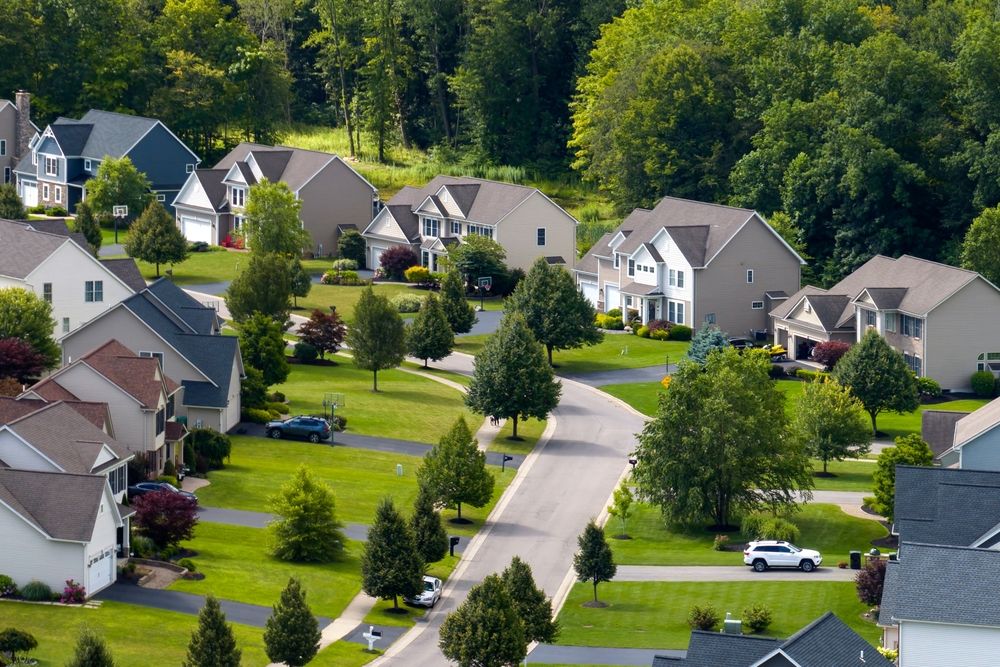
Living in a high-cost area can be a thrilling experience. The bustling city life, the vibrant culture, and the plethora of opportunities are enough to draw anyone into the allure of metropolitan living. However, residing in such an area comes with its own unique set of financial challenges. Budgeting in these environments requires a strategic approach to ensure that you can enjoy the benefits of the city without falling into a financial pitfall. In this article, we’ll explore the hurdles that come with budgeting in an expensive locale and provide insights on how to navigate them effectively.
Understanding the High Cost of Living
The first step in conquering the budgeting battle in a high-cost living area is to understand what contributes to the elevated expenses. Typically, housing is the most significant factor. Rent and mortgage payments in cities like New York, San Francisco, or London can be staggeringly high compared to other regions. Additionally, day-to-day expenses such as transportation, food, and entertainment tend to be more expensive. Even basic services like internet, utilities, and healthcare can put a dent in your wallet.
Another aspect to consider is the competitive job market. Although high-cost areas often offer higher salaries, the increase may not always be proportional to the cost of living. This discrepancy can make it challenging to stretch your income to cover all your expenses while still saving for the future.
Strategies for Smart Housing Choices
When you’re looking for a place to live in a costly city, it’s essential to weigh your housing options carefully. Living in the heart of the city might save you time on commuting, but it can be exponentially more expensive. One strategy to consider is residing in a nearby suburb or a less trendy neighborhood where rent tends to be more affordable. This choice could significantly reduce your monthly housing costs, although it may increase your transportation expenses.
Another option is to embrace alternative housing solutions. Think about getting a roommate to split the cost of rent or opting for a smaller, more efficient living space. If you’re in the market to buy, consider a fixer-upper that you can renovate over time, which might be more budget-friendly than a move-in-ready home in a prime location.
Navigating Transportation Costs
Getting around in a high-cost area is not only about convenience but also about cost. Owning a car in the city can be an expensive endeavor when you factor in parking, maintenance, and gas prices. Using public transportation, cycling, or walking can be more economical choices.
If you work in the city but live in the suburbs, look into commuter benefits that may be offered by your employer. Some companies provide subsidies for public transit or carpooling. Additionally, consider the benefits of flexible work schedules or telecommuting if your job allows it, which can save you money on commuting costs.
Balancing Food and Entertainment
Dining out and enjoying the cultural scene are part of the allure of living in a vibrant area. However, these can also quickly eat into your budget. To keep these costs under control, set a monthly budget for dining and entertainment and stick to it. Take advantage of happy hours, discounts, and local events that are free or low-cost.
When it comes to groceries, shopping at local markets or opting for store brands over name brands can make a big difference. Meal planning and cooking at home will not only save you money but can also be a healthier alternative to eating out.
Saving and Investing in a High-Cost Environment
It might seem challenging to save money when you’re living paycheck to paycheck, but it’s not impossible. Start by setting clear financial goals and creating a budget that includes a line item for savings. Even if it’s a small amount, it’s crucial to make saving a habit.
Consider automating your savings so that a portion of your paycheck goes directly into a savings account. Explore high-yield savings accounts, retirement accounts, and other investment options that can help your money grow over time. Working with a financial advisor can also provide you with strategies tailored to your unique situation.
Budgeting in a high-cost living area requires a mix of creativity, discipline, and strategic planning. By understanding what drives up the cost of living and implementing smart housing and transportation choices, you can make living in the city more manageable. Balancing your food and entertainment expenses while committing to saving and investing can help you build a secure financial future even in the most expensive of cities.
Remember, living in a high-cost area doesn’t have to mean financial stress. With the right approach, you can enjoy all the benefits that city life has to offer while keeping your finances in check. It’s all about making informed decisions, prioritizing your spending, and staying committed to your financial goals. With these strategies in hand, you’re well-equipped to tackle the challenges of budgeting in a high-cost living area.
